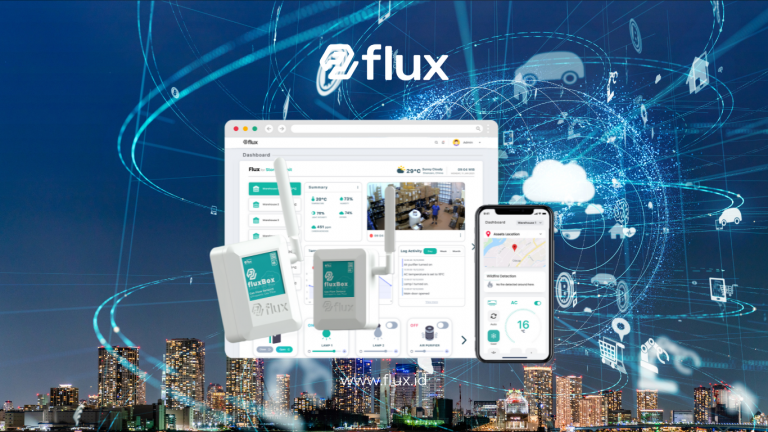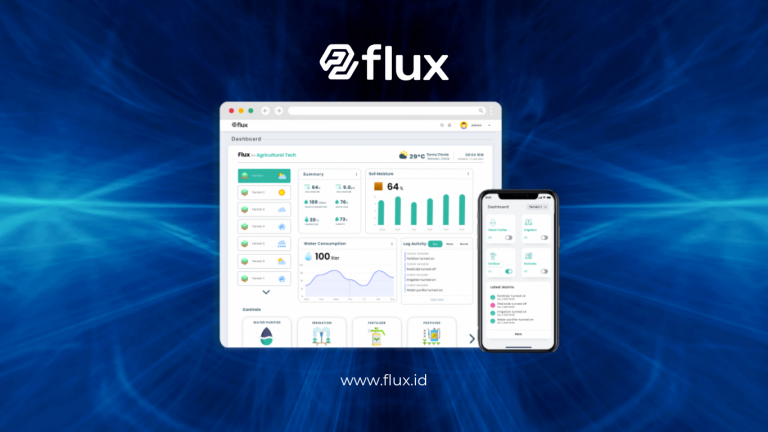Don't miss our holiday offer - 20% OFF!
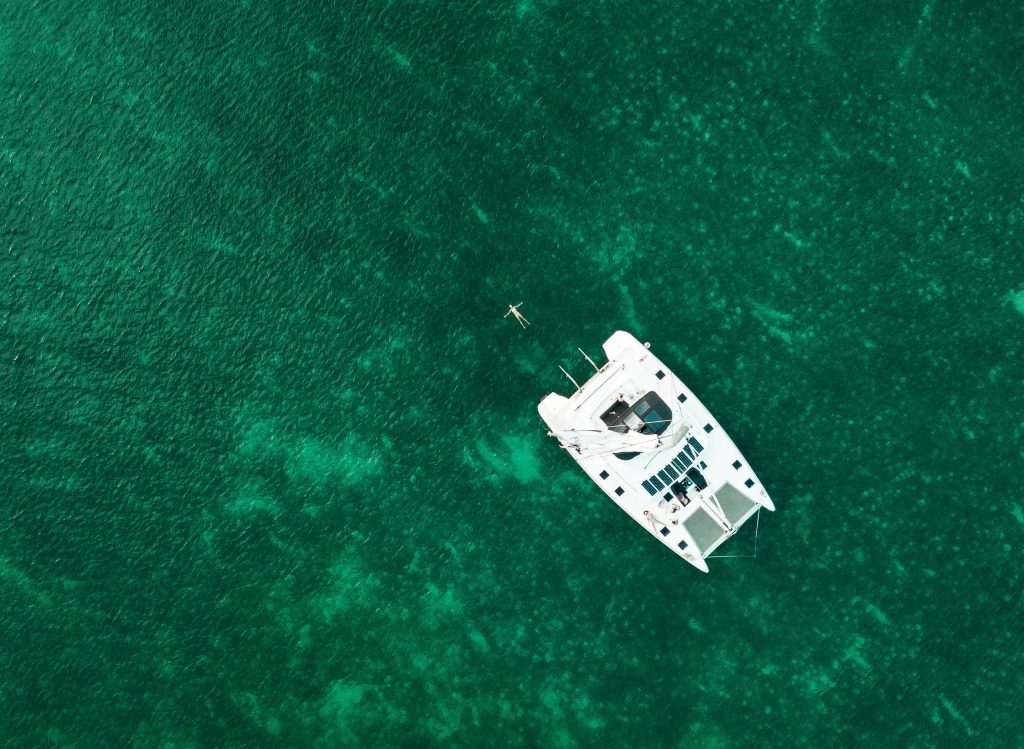
Read also : Health Department Innovation through IoT Sensors
Floods pose a serious threat that often results in significant damage to the environment, property, and human lives. In the effort to mitigate the adverse impacts of floods, technological innovation has played an increasingly critical role. One of the recent developments with a substantial impact on early flood detection is the high water level sensor technology. This article will delve into how this technology operates and why it stands as the latest innovation crucial in safeguarding communities from flood threats.
Contents
High Water Level Sensor Technology: The Basics of How It Works
High water level sensors are smart devices designed explicitly to measure the water’s surface height in rivers, small streams, and flood-prone areas. They operate on the fundamental principle of highly accurate water level measurement. Some common techniques employed in these sensors include:
Ultrasonic
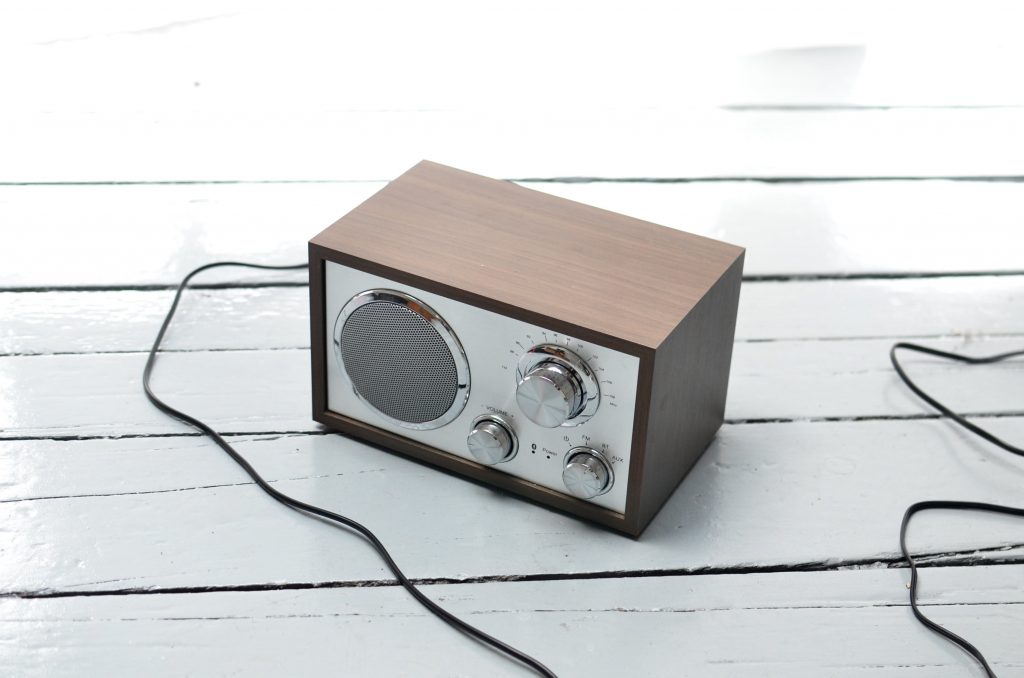
Ultrasonic sensors emit sound waves to the water’s surface and measure the time it takes for these waves to return after bouncing off the water’s surface. Using this time of flight, the sensor accurately calculates the water’s height.
Hydrostatic Pressure

Read also : Pressure Sensors: The Hidden Eyes Revealing the Secrets of Advanced Flood Monitoring Technology
Hydrostatic pressure sensors measure the pressure of the water below the sensor. Water height is calculated based on the hydrostatic pressure generated by the water column above the sensor. The greater the water column, the higher the measured pressure, and the sensor calculates water height based on this pressure difference.
The Latest Innovation in Early Flood Detection
High water level sensors have emerged as the latest innovation that revolutionizes the approach to early flood detection. Here are a few ways in which this technology has brought about the latest innovations:
Highly Accurate Water Level Measurement

Read also : Demystifying Water Level Sensors for Tank Monitoring
These sensors provide highly accurate and real-time water level measurements. With this precision, decision-makers can respond swiftly when water levels begin to rise.
Improved Flood Prediction

Read also : Advanced Weather Sensors in Flood Monitoring: How This Technology Helps Predict and Address Flood Threats
Continuous updates of water level data allow weather experts to predict potential floods earlier. This provides communities with longer early warning periods before floods arrive.
Automated Early Warning Systems
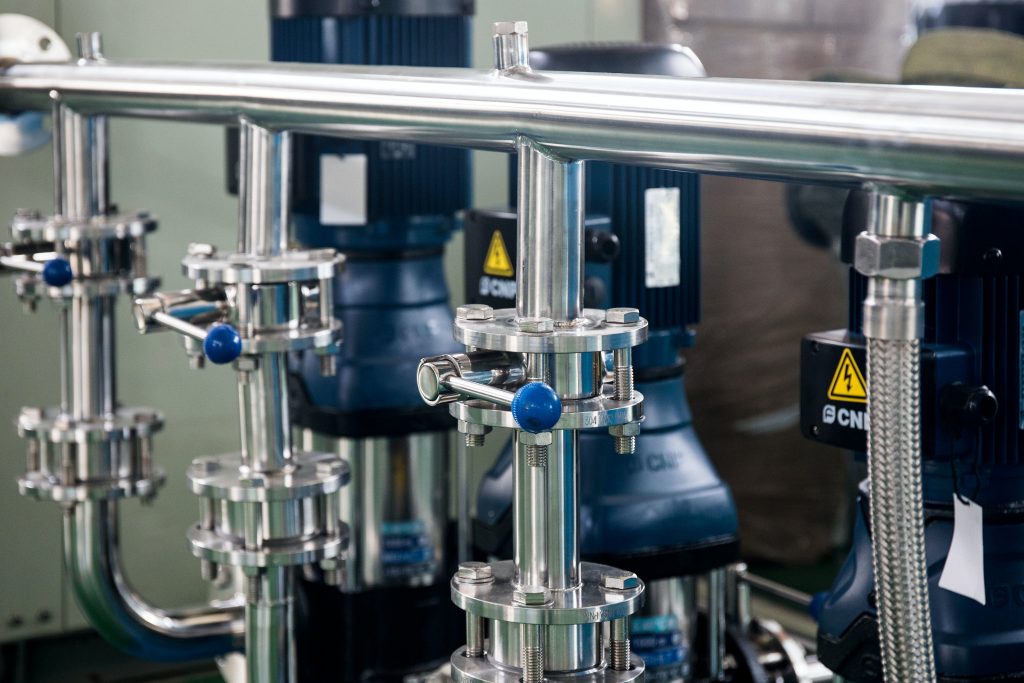
Read also : Weather Sensors Controlling External Weather Factors
When connected to early warning systems, these sensors can automatically trigger warnings when water levels approach dangerous thresholds. This enables rapid responses and better evacuation procedures to safeguard lives and property.
Conclusion
High water level sensors technology stands as one of the latest and crucial innovation in early flood detection. With their accurate water level measurements and real-time data delivery, these sensors are changing how we confront floods. They enable more precise flood predictions, longer early warnings, and faster responses, all of which help protect communities from the frequent threats of flooding. As this technology continues to advance, we can expect further enhancements in our efforts to shield human lives and property from the adverse impacts of floods.



